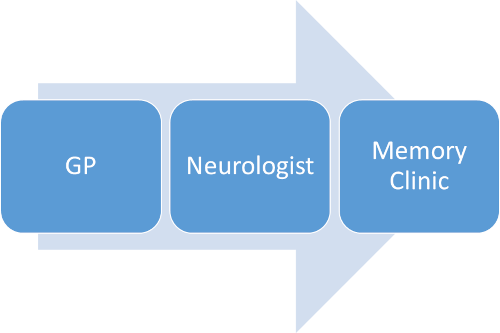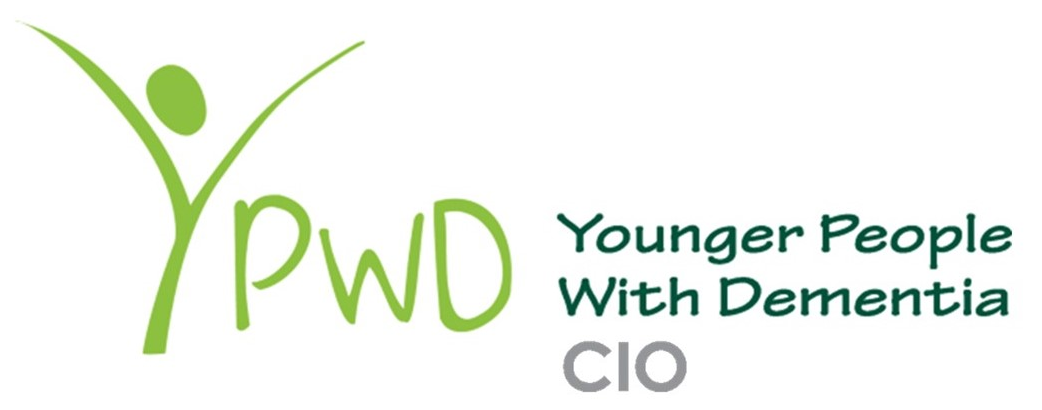
How is young onset dementia diagnosed?

Getting an accurate diagnosis can sometimes take time because it can be more difficult to recognise symptoms of memory loss in younger people, or it is put down to other factors such as stress at work, or depression. It is very important to make sure that rarer forms of dementia or brain inflammation are not missed.
A GP may refer a younger person to a neurologist first and then on to their local Memory Clinic service.
There is no simple test that can make the diagnosis of dementia. Diagnosis is based on carefully recording the way a person's symptoms develop and change over time; the results of cognitive (brain function) or psychological tests; blood tests, and usually a brain scan. You will most likely notice very early changes in your relative so your observations are important and can help the clinician make a diagnosis. A neurologist may decide to carry out other specialist tests i.e. recording electrical activity in the brain (electroencephalogram) or lumbar puncture (where the fluid around the spinal cord is examined).
